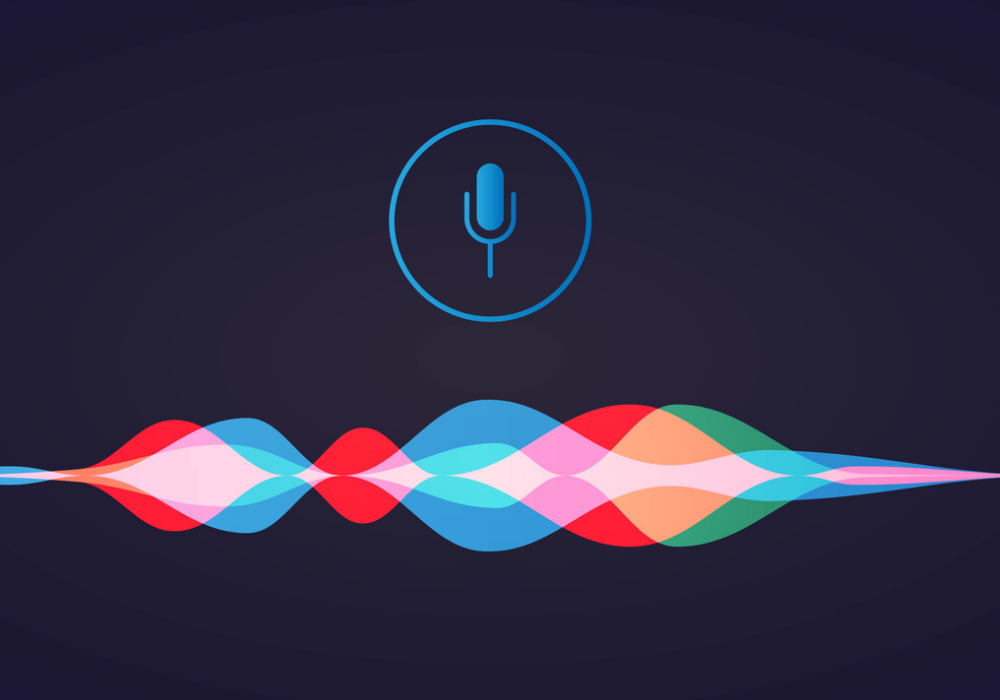Voice agency, Rabbit & Pork has designed, developed, and built an Alexa Skill with researchers from City, University of London that allows smart speakers to facilitate speech therapy for people with aphasia. The first of its kind, voice-initiated therapy protocol, delivered via Amazon Alexa, facilitates a semantic feature analysis-style naming therapy for people with aphasia – a language disability that results in communication problems for 1/3 of all stroke survivors.
John Campbell, Managing Director of Rabbit & Pork said: “Insights informed us that voice assistants are often seen as a useful device for someone with a physical or visual impairment. Thus, we approached City, University of London’s brief with a key research question: can Alexa be used as a therapy practice tool?”
Dr Abi Roper from City, University of London, continued: “Along the way, the team worked with me to accommodate the restraints of the technology and to take advantage of features of the Amazon Fire Stick while we centred design recommendations for people with aphasia.” The custom Alexa skill is based on an existing therapy technique known as semantic feature analysis.
The user is requested to try and name pictured items and the skill provides spoken prompts to help them successfully achieve saying the word. The skill has a range of different items for users the name and at the same time tracks the user progress each session to provide a custom analytics report. The user’s interactions are saved to a database which is later downloaded by the team at City University of London to assess the user’s progress.
The next stage of the project is to conduct testing with end-users. This testing period will gather data into the customer analytics report which can be used to answer the question can Alexa be used effectively as a therapy practice tool.
.









